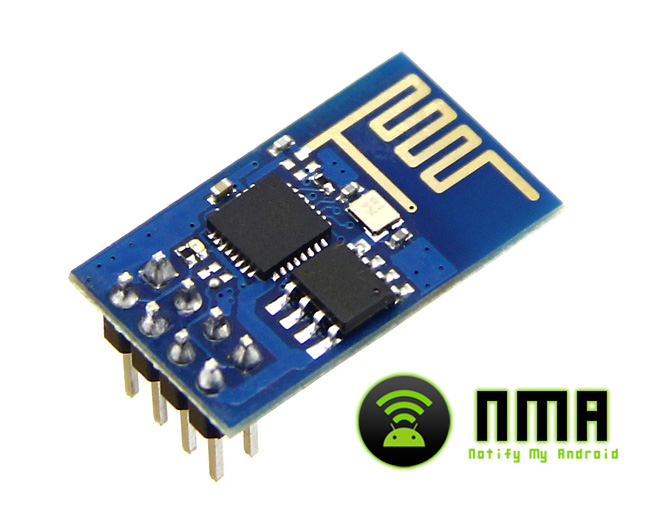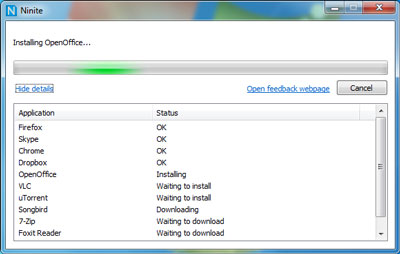Una de las cosas preferidas por toda persona que está sumergido en el mundillo de la electrónica es ver como algo tan insignificante, como puede ser el cambio de estado de un interruptor, puede provocar una sucesión de acontecimientos que desemboquen, por ejemplo, en una notificación en nuestro teléfono móvil. Pensando en esto último son numerosas las aplicaciones que se me están ocurriendo mientras escribo este artículo, así que mostraré los pasos iniciales para poderlas llevar a cabo.
Ver másCategoría Windows
Seguro que más de una vez has formateado tu ordenador, y tras instalar tu flamante versión de Windows/Linux, zas!! te das cuenta que te falta algún que otro driver. Aquí tenéis una ayuda para que no veáis más esa dichosa interrogación amarilla en la lista de dispositivos de Windows.
Ver másA través de Genbeta he visto el siguiente video en el cual en una máquina virtual se comenzó instalando Windows 1.0 (previa instalación necesaria de MSDOS 5.0) hasta llegar a Windows 7 (actualizando siempre a la siguiente versión de Windows, pasando por ejemplo por Windows 3.1, Windows 98, Windows XP…).
Se pueden ver cosas curiosas como por ejemplo instalar en MSDOS 5.0 el Monkey Island y el Doom II, y poder seguir ejecutándolos hasta en Windows 7; o cómo mantiene el esquema de colores establecido también en MSDOS. También observar que no todo fue siguiente -> siguiente -> siguiente ya que por ejemplo surgen problemas con el formato de disco duro entre las versiones anteriores a XP y éste mismo.
Enlaces
Vis...
Ver másCuando se está trabajando con el ordenador nos interesa tener todos los recursos disponibles libres, por ello Windows se espera al momento de apagar el equipo para instalar las actualizaciones que se haya descargado. No es mala ocasión, pero en el caso de trabajar con un portátil y tener que esperar cierto tiempo a que termine para recoger las cosas… personalmente me ha llegado a desquiciar, sobre todo en el caso de estos días del ServicePack1 de Windows7.
Aquí va un truquillo para poder apagar el ordenador sin que instale las actualizaciones.
Tenie...
Ver másCuando alguien estudia y se tiene que enfrentar a cálculos para comprobar soluciones o simplemente llegar hasta un cierto punto más rápido, este tipo de soluciones le viene como anillo al dedo.
Ver másCuando se formatea un ordenador o se quieren instalar unos cuantos programas de golpe… o se es una persona de costumbre y tiene los instaladores guardados, o se tiene una imagen del disco duro con todo ya instalado… o se procede a bajarse uno a uno los programas e ir instalándolos. Ninite recuerda a las versiones desatendidas que pululan por la red (es decir, tras instalarse el sistema operativo, podemos elegir qué programas instalar).
Personalmen...
Ver másLlega la Navidad, el ambiente festivo y un sinfín de etcéteras. Se ponen lucecitas en los árboles, en las puertas, todo muy colorido… ¿y por qué no hacer lo mismo en el ordenador?
Busca...
Ver más







Comentarios recientes